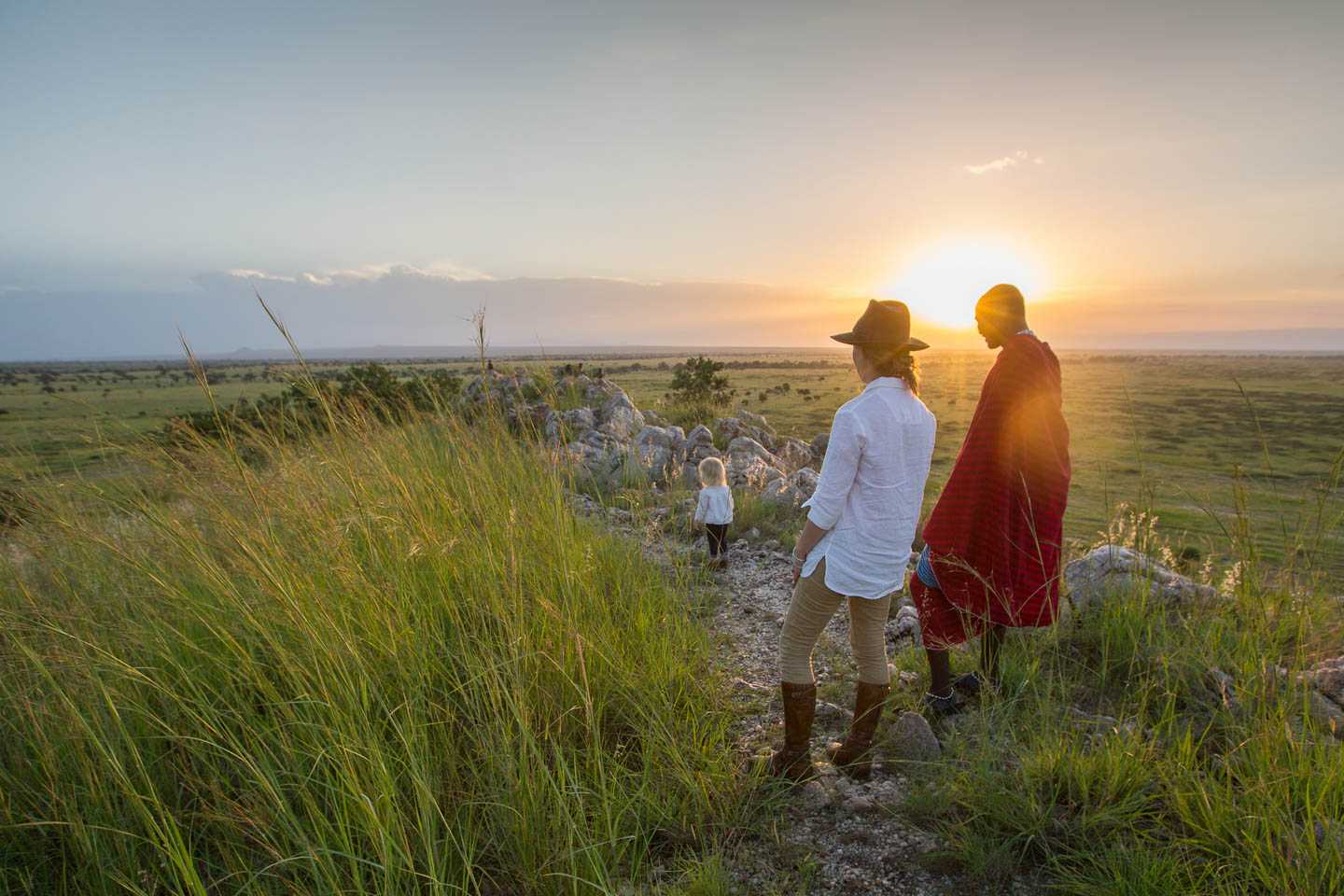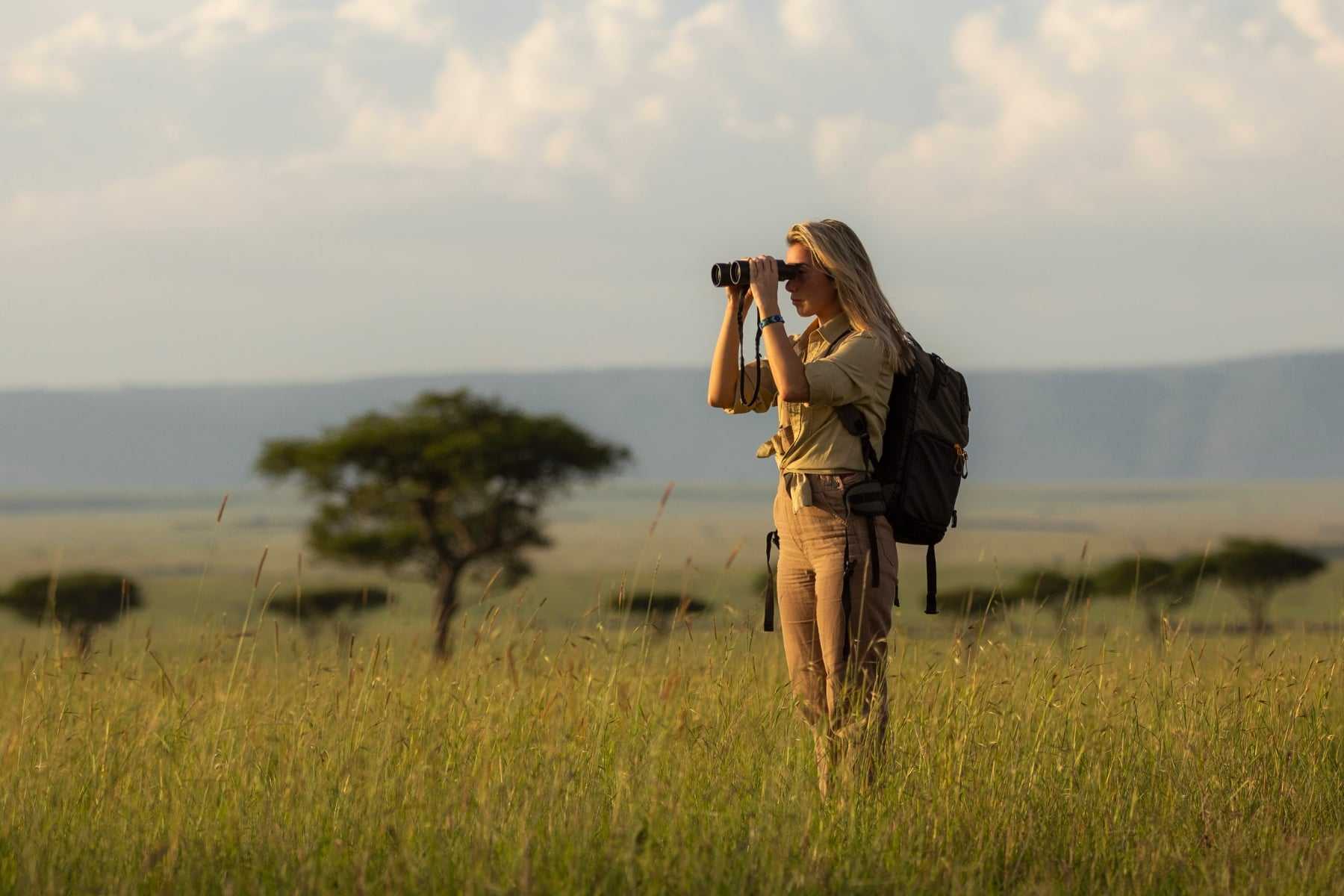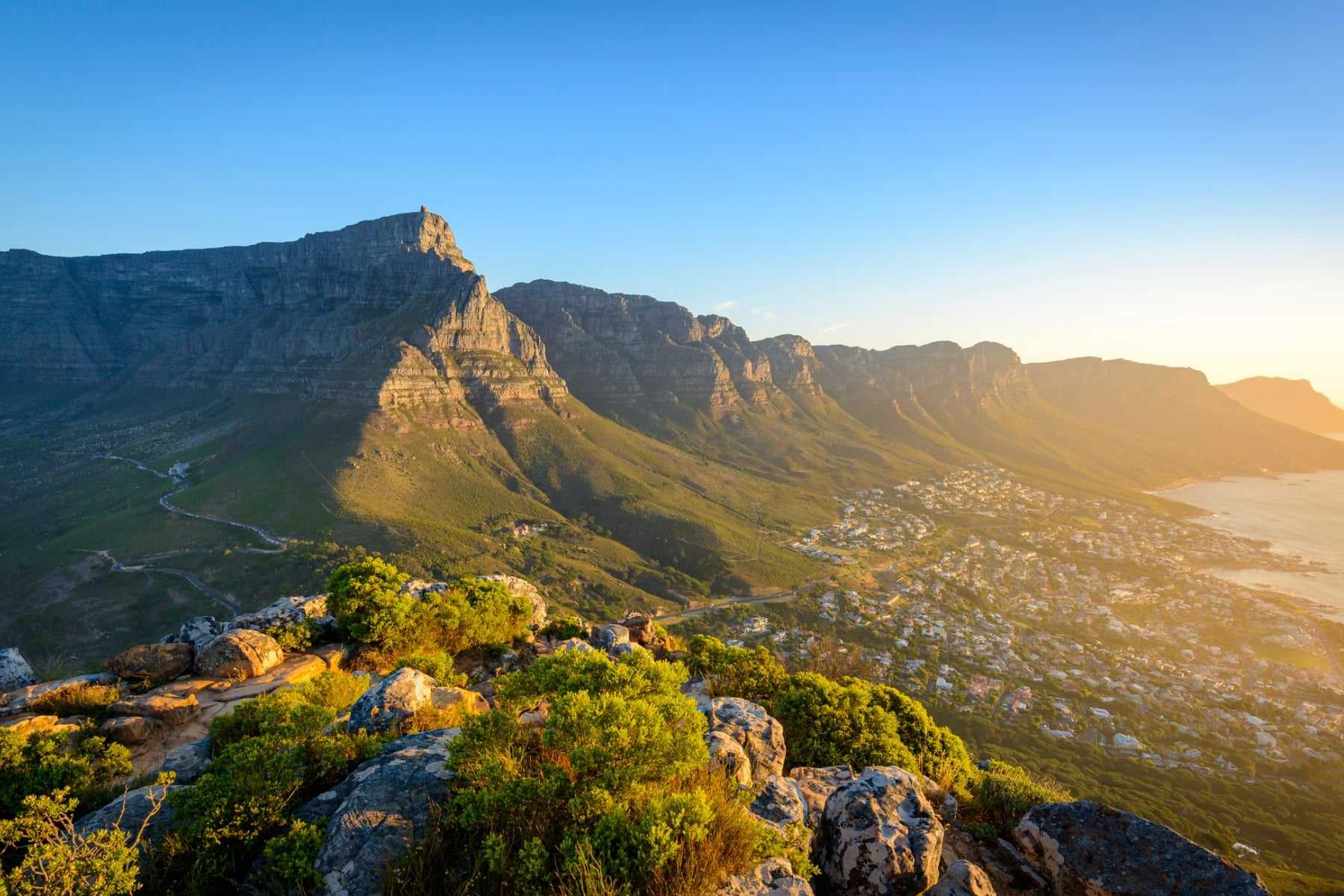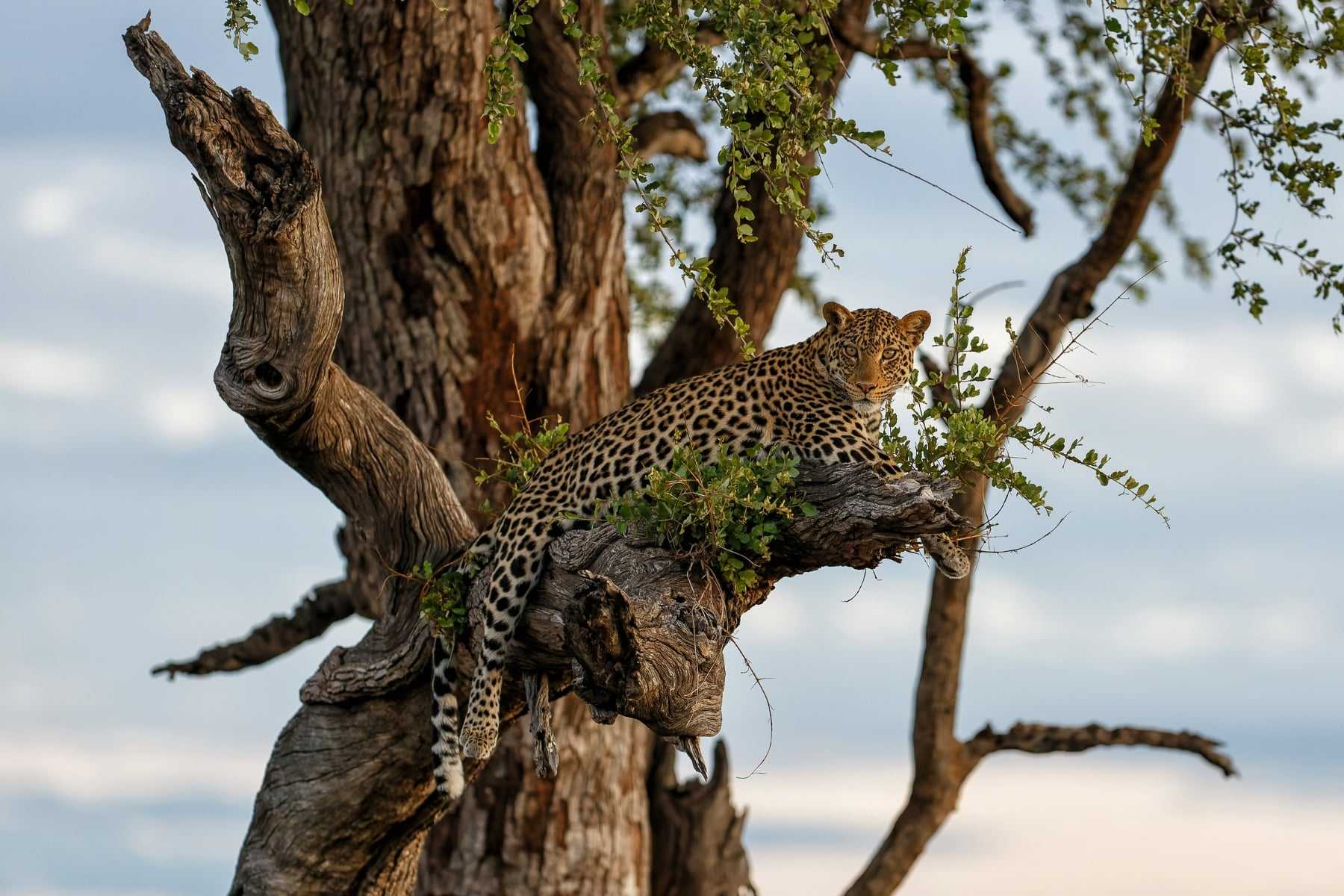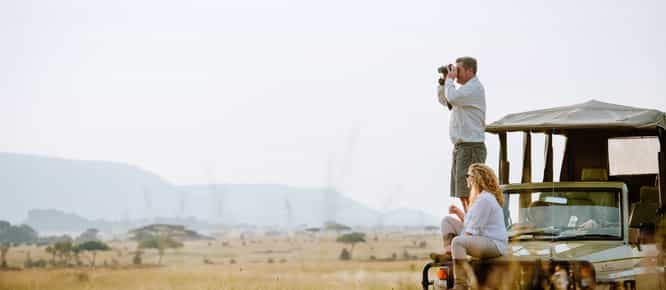Is travelling in Africa safe? Mention that you are about to explore the continent and chances are you’ll get concerned looks and cautious comments about danger lurking at every corner. Rumours unfortunately persist and are hard to dispel. The international media is partly to blame for the bad reputation, coupled with a severe lack of general and geographical knowledge on many people’s part: we all know of the mass hysteria surrounding the Ebola outbreak in West Africa in 2014. There are of course certain things to consider when it comes to travelling safely in Africa, so let’s separate fact from fiction.
I can’t go anywhere by myself!
People often debate whether travelling solo in Africa is safe, especially for women. You certainly need to be cautious – but that doesn’t mean that you have to keep looking over your shoulder. Chances are you wouldn’t walk around alone at 2am in certain parts of your hometown either – so don’t start whilst you’re on holiday. Always check with your hotel concierge, travel agency or savvy locals regarding areas to avoid completely – and definitely don’t venture into townships without a guide. If you are out partying, get an Uber home if possible, and make sure that your driver name checks out.
I’ll get robbed!
If you walk around with a camera dangling from your neck, flashing your wallet full of cash and sporting enough bling to rival a Kardashian, then you will become a prime target for pickpockets and muggers. The solution is simple – be street smart and don’t look like a tourist. Leave valuables in your hotel safe, don’t carry anything in your back pocket, never leave anything visible in your car and lock it from the inside when driving.
I’ll catch nasty bugs, or worse – malaria!
In many areas, living and hygiene standards for tourists are extremely high, meaning that in places such as South Africa and Namibia you can safely try local specialties and wash them down with tap water. In other regions, it’s worth sticking to bottled water and possibly avoiding street food and in safari camps, listen to the advice of the manager regarding drinking water. It goes without saying that washing your hands or using hand sanitiser goes a long way in keeping germs at bay. When it comes to malaria, do not take any risks. If you’re travelling to an affected area, visit a health professional and take advice on anti-malarial medication (and then take it!).
It’s too dangerous to enjoy the great outdoors!
If you’re planning to hike Table Mountain or go off-piste somewhere like Malawi or Kenya and enjoy the ‘Great Outdoors’, make sure to plan ahead and take certain precautions. First and foremost, it’s important to stick to the old adage of ‘safety in numbers’; if you can, join a group hike and definitely never set off on your own. Do your research too, and always let others know where you are. Very lastly, leave valuables at home. If you are confronted, acquiesce and hand over your possessions – don’t pretend to be Jason Bourne.
I’ll be conned!
Every country has its fair share of scams, so talk to people in the know to find out what to look out for. Never let that friendly stranger in the ATM queue behind you help you, and watch out for scams at markets and distraction muggings. Corrupt policemen do exist in certain areas, so be aware. Possibly the most heart-breaking thing to refuse is begging children on the street. They usually work for dealers and have to hand over any money they get, so won’t benefit from your generosity – if you want to help, give to reputable charities or shelters instead.
I can’t travel to countries ripe with poverty and strife!
Is travelling in Africa safe, considering the levels of poverty and strife? We’re not saying that you should book a holiday to a country in the midst of a civil war, however it is worth exploring regions that previously might have been considered off limits. Take the Democratic Republic of Congo (DRC) for example, which has recently started to enjoy a period of relative stability, or Rwanda – since the horrifying genocide in 1994, the country has flourished and is quickly becoming a top destination. For these countries, responsible tourism provides a lifeline that helps economic development – often thanks to sensitively built lodges that offer employment opportunities and make it their mission to ‘give back’ to the surrounding communities.
So, is travelling in Africa safe? What it boils down to is good old common sense. Do what you would normally do when travelling to any other foreign country. Prepare ahead of your trip and keep your wits about you – but don’t let any potential safety issues affect the joy of exploring this mesmerising continent!
